Music and fashion have always been BFFs, but in the world of Afrobeats, this friendship has evolved into a full-blown collaboration. It’s no longer just about looking good on stage; it’s about using clothes to tell a story, rep your homeland, and land deals that would make your mama proud. This fusion of music and fashion is happening on a global scale, thanks in part to social media platforms like Instagram and Twitter, and Nigerian artists are out here redefining what it means to be a style icon.
The rise of Afrobeats can be traced back to the early 2000s – a heady mix of Nigerian percussion, Ghanaian highlife, and elements of dancehall and hip-hop. It wasn’t just the sound that was infectious; the accompanying fashion scene was equally electrifying. Bold Ankara prints, flowing agbada robes reimagined for a younger generation, and a healthy dose of bling.
Fast forward to today, and Afrobeats is a global phenomenon. Artists like Wizkid, Burna Boy, Davido, and Tems are selling out stadiums worldwide. But it’s not just the music that’s captivating audiences. The way these artists present themselves visually – the clothes they wear, the way they style their hair – has become an integral part of the Afrobeats experience. This newfound influence has opened doors for major collaborations between Nigerian artists and fashion brands.
A prime example of this artistic fusion is the partnership between Burna Boy and Burberry. Burna Boy’s artistic persona is all about pushing boundaries. His music is a potent blend of Afrobeats, dancehall, and reggae, heavily influenced by the legendary Fela Kuti. So, it comes as no surprise that Burna Boy would gravitate towards a brand like Burberry, known for its heritage and bold reinterpretations of classic British style. Their 2022 holiday campaign, featuring Burna Boy rocking a custom jacket with angel wings, made a powerful statement. It wasn’t just about luxury fashion; it was about celebrating audacious self-expression, something deeply ingrained in Afrobeats culture.
Another noteworthy collaboration is the partnership between Rema and Jordan Brand’s Jumpman collection. Rema’s story is one of pure hustle. This young artist, who emerged from the energetic underground music scene in Benin City, has skyrocketed to fame with his infectious music. His signature sound – a blend of Afrobeat rhythms and elements of trap and hip-hop – perfectly captures the youthful energy of the genre. So, it was a natural fit for Rema to partner with Jordan Brand’s Jumpman collection in 2023. The campaign video, featuring Rema alongside NBA superstar Luka Doncic, wasn’t just about selling sneakers; it was a celebration of youth culture, basketball’s global reach, and Afrobeats’ undeniable influence.
The partnership between Tems, the soulful voice behind hits like “Higher” and “Essence,” and Tommy Hilfiger exemplifies the mutual respect in these collaborations. Tommy Hilfiger might be an American fashion staple, but in Nigeria, it’s practically a national treasure.
Those iconic red, white, and blue logo designs have been a fixture on Nigerian streets for decades, often finding new life through creative replications in local markets. Tems’ campaign for Tommy Jeans’ Fall/Winter 2022 collection showcased her own style, effortlessly blending classic Tommy pieces with a distinctly Nigerian flair. This collaboration served as a powerful message – that global brands can embrace local influences to create something truly special.
Davido’s collaboration with Puma further highlights the significance of these partnerships. Davido is more than just a musician; he’s a cultural icon. His energetic performances and dedication to his fans have made him a household name in Africa and beyond.
His collaboration with Puma, a brand known for its dedication to street culture and social justice initiatives, feels like a perfect fit. The 2022 Puma x Davido collection, inspired by his motto “We Rise by Lifting Others,” is a proof of Davido’s commitment to empowering his community. The collection not only features stylish streetwear but also allocates a portion of proceeds towards youth development programs in Nigeria.
We can’t talk about groundbreaking Afrobeats fashion collaborations and leave out Wizkid’s partnership with Nike. This partnership showcased the ability of Afrobeats artists to not only influence streetwear, but also leave their mark on the world of sportswear. In 2018, he collaborated with Nike on a limited-edition “Starboy” jersey. This wasn’t your typical fan jersey – it embodied Wizkid’s unique style, featuring his signature Starboy logo prominently displayed across the chest.
The jersey also paid homage to his Lagos roots, with “Surulere,” the neighborhood where he grew up, inscribed on the back. This detail resonated deeply with fans, transforming the jersey into a symbol of both fandom and cultural pride. The “Starboy” jersey’s rapid sell-out demonstrated the immense commercial power of Afrobeats stars and their global audience. It also paved the way for future collaborations between Afrobeats artists and major sportswear brands, solidifying the genre’s influence on mainstream fashion.
While these are just a few examples of how Nigerian artists are leveraging their influence in the fashion world, their impact goes beyond brand deals and sold-out collections. It’s about showcasing Nigerian creativity on a global stage, inspiring a new generation of fashion enthusiasts, and rewriting the narrative of what it means to be a style icon. Gone are the days of looking to the West for fashion inspiration. Afrobeats artists are proving that African aesthetics are not just trendy, but here to stay.The success of these collaborations is also pushing fashion brands to be more inclusive and culturally aware. It’s no longer enough to throw a few Ankara prints into a collection and call it a day. Brands are now actively seeking out partnerships with African designers and stylists to create collections that are authentic and resonate with African audiences. We can expect to see even more daring experimentation and a continued celebration of African heritage.



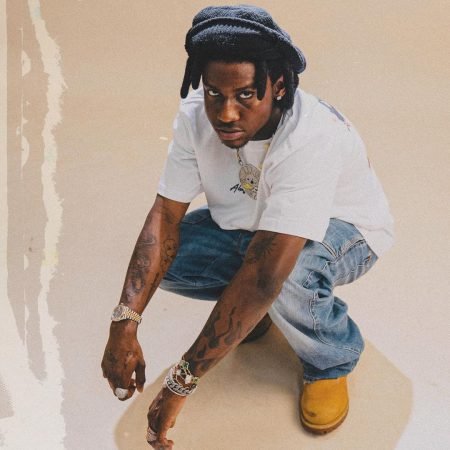
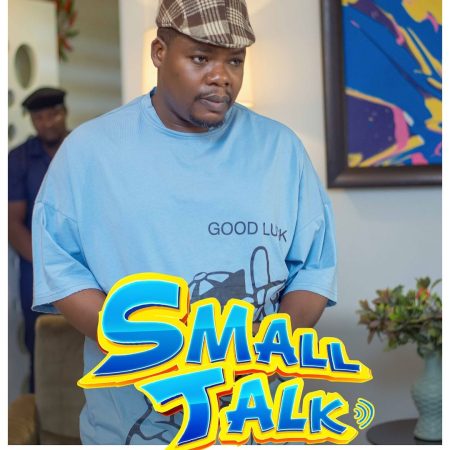



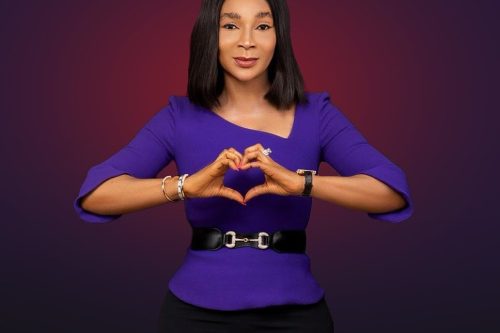
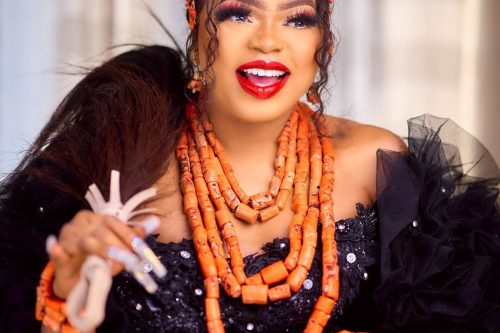

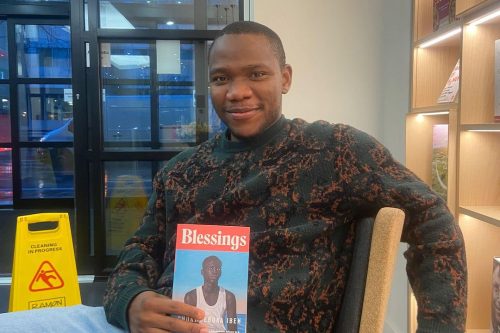
Leave a Reply